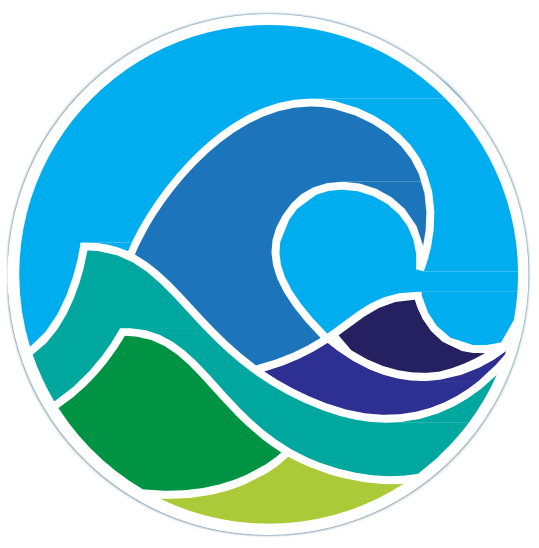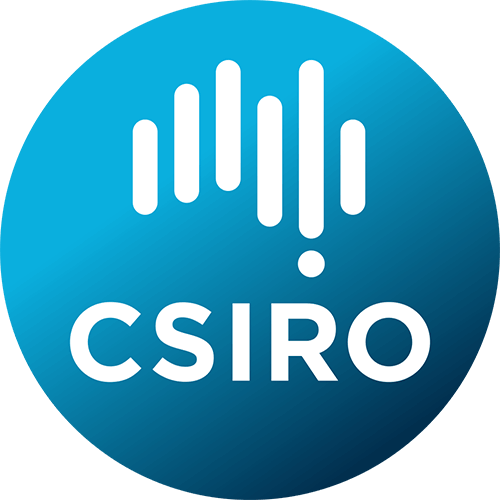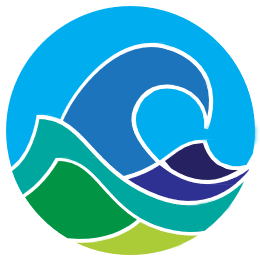Contact Us
#futureseas2030
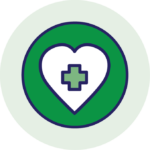
6. Oceans and Society
Feedbacks between human and ocean health
Summary
The concentration of human population along coastlines has far-reaching effects on ocean and societal health. The oceans provide benefits to humans such as food, coastal protection and improved mental well-being, but can also impact negatively via natural disasters. At the same time, humans influence ocean health, for example, via coastal development or through environmental stewardship. Given the strong feedbacks between ocean and human health there is a need to promote desirable interactions, while minimising undesirable interactions. To this end, we articulate two scenarios for 2030. First, Business-as-Usual, named ‘Command and (out of) Control’, focuses on the anticipated future based on our current trajectory. Second, a more sustainable scenario called ‘Living and Connecting’, emphasises the development of interactions between oceans and society consistent with achieving the Sustainable Development Goals. We describe a potential pathway to achieving the ‘Living and Connecting’ scenario, centred on improving marine citizenship, achieving a more equitable distribution of power among stakeholders, and more equitable access to resources and opportunities. The constituent actions of this pathway can be categorised into four groups: (i) improved approaches to science and health communication that account for society’s diverse values, beliefs and worldviews, (ii) a shift towards more trusted relationships among stakeholders to enable two-way knowledge exchange, (iii)
economic incentives that encourage behavioural changes necessary for achieving desired sustainability outcomes, and (iv) stronger regulations that simultaneously focus on ocean and human health. We contend that these changes will provide improved outcomes for both oceans and society over the United Nations Decade of Ocean Science.
Infographic
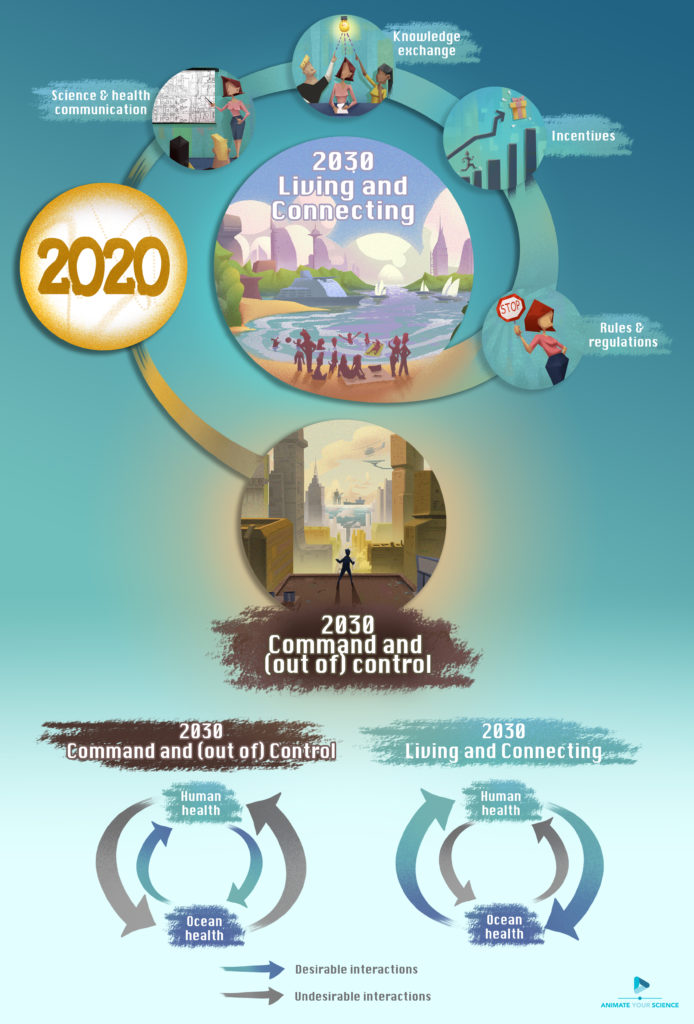
Lead Investigators
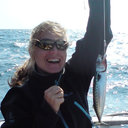
Dr Kirsty Nash
Institute for Marine and Antarctic Studies / CMS

Dr Ingrid van Putten
CSIRO Oceans and Atmosphere / CMS
Anchor
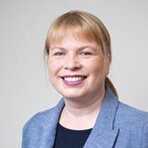
Dr Joanna Vince
School of Social Sciences, University of Tasmania / CMS
Co-Authors
Meet our fellow team members who contribute to the success of this project.
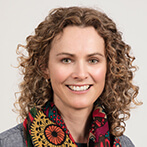
Anna Farmery
Australian National Centre for Ocean Resources and Security, University of Wollongong / CMS

Jenn Scott
School of Psychology, University of Tasmania
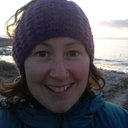
Karen Alexander
Institute for Marine and Antarctic Studies / CMS

Kimberley Norris
School of Psychological Sciences, University of Tasmania
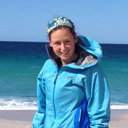
Delphi Ward
Institute for Marine and Antarctic Studies / CMS
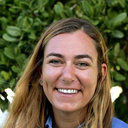
Sierra Ison
Institute for Marine and Antarctic Studies / CMS

Linda Murray
Massey University

Chris Cvitanovic
Australian National Centre for the Public Awareness of Science, Australian National University / CMS
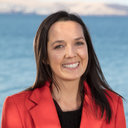
Rachel Kelly
CMS

Silvana Bettiol
University of Tasmania, Medical Science

Lucy Robinson
Oceans Institute & Oceans Graduate School, The University of Western Australia / CSIRO Oceans and Atmosphere

Mary Mackay
CSIRO Oceans & Atmosphere / CMS

Emily Flies
School of Natural Sciences, University of Tasmania
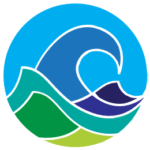
future seas
FUTURE SEAS is a unique collaboration , spear-headed by the Centre for Marine Socioecology, of over 100 researchers from the University of Tasmania (UTAS), the Commonwealth Scientific and Industrial Research Organisation (CSIRO) and other institutions
Contact UsOther Links
Project flyerPartners
Copyright 2026 Future Seas.
